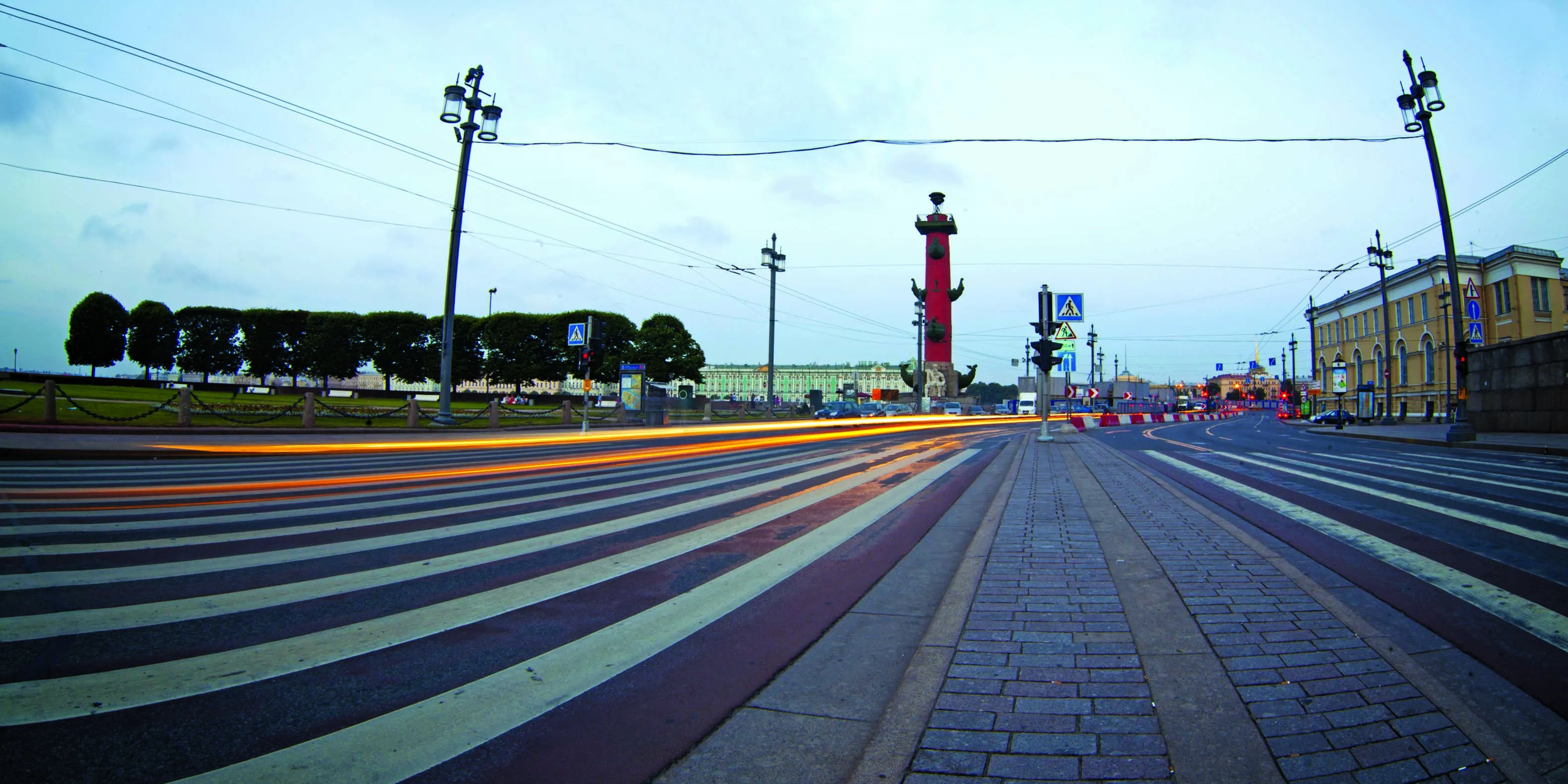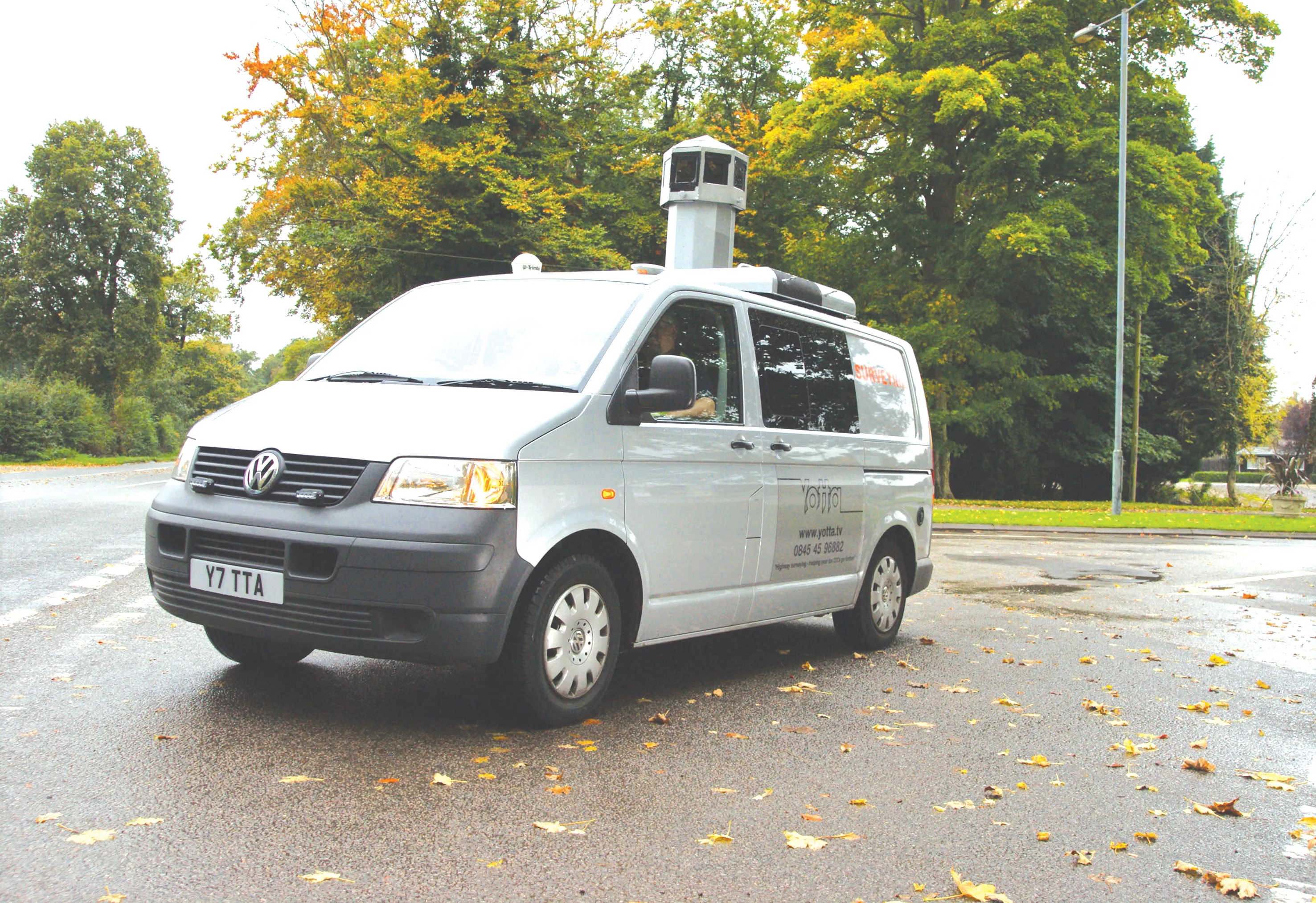German company Vitronic has been selected by Thales group to supply key components for all fixed enforcement gantries for the nationwide truck charging system to be implemented on 15,000 km of French roads. The multi-million euro contract is part of the prestigious Ecotaxe project, a distance-based tax for trucks. From mid-2013 onwards, all vehicles over 3.5 tons in weight will have to pay a tax on national roads with the fee being collected by means of an onboard GPS satellite system.
March 21, 2012
Read time: 2 mins
German company 2879 Vitronic has been selected by Thales group to supply key components for all fixed enforcement gantries for the nationwide truck charging system to be implemented on 15,000 km of French roads. The multi-million euro contract is part of the prestigious Ecotaxe project, a distance-based tax for trucks. From mid-2013 onwards, all vehicles over 3.5 tons in weight will have to pay a tax on national roads with the fee being collected by means of an onboard GPS satellite system.
Vitronic has been selected to equip more than 170 fixed gantries with an innovative automatic enforcement solution, based on technology proven on the German truck tolling scheme since 2005. The latest generation TollChecker free flow systems, based on LIDAR technology, will monitor about 1,000 road lanes all across France and provide fully automatic vehicle detection, classification and identification by license plate in free-flowing traffic.
“I am proud that after tolling projects in Germany, Australia and Eastern European countries, we can again contribute to the implementation of a large-scale road user charging project,” said Dr Norbert Stein, general manager of Vitronic.
Vitronic’s direct customer for the Ecotaxe Project is Thales Communications & Security which is in charge of the overall enforcement system. It is part of the Ecomouv consortium, the project company controlled by the Italian operator3623 Autostrade per l'Italia, which was awarded the contract for the overall project by the French government.
Vitronic has been selected to equip more than 170 fixed gantries with an innovative automatic enforcement solution, based on technology proven on the German truck tolling scheme since 2005. The latest generation TollChecker free flow systems, based on LIDAR technology, will monitor about 1,000 road lanes all across France and provide fully automatic vehicle detection, classification and identification by license plate in free-flowing traffic.
“I am proud that after tolling projects in Germany, Australia and Eastern European countries, we can again contribute to the implementation of a large-scale road user charging project,” said Dr Norbert Stein, general manager of Vitronic.
Vitronic’s direct customer for the Ecotaxe Project is Thales Communications & Security which is in charge of the overall enforcement system. It is part of the Ecomouv consortium, the project company controlled by the Italian operator









